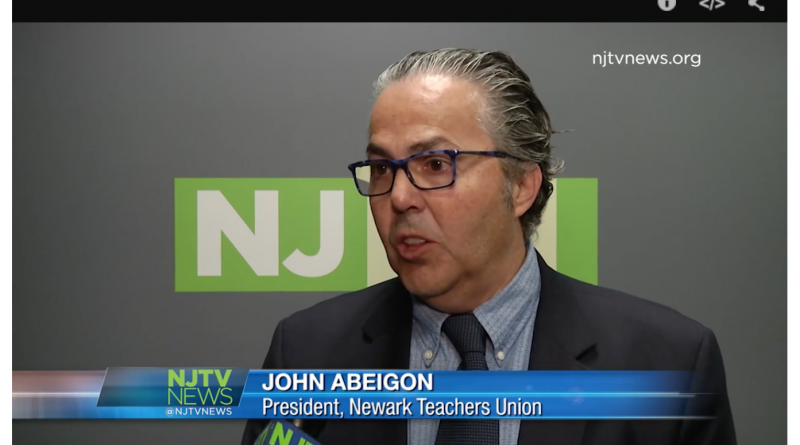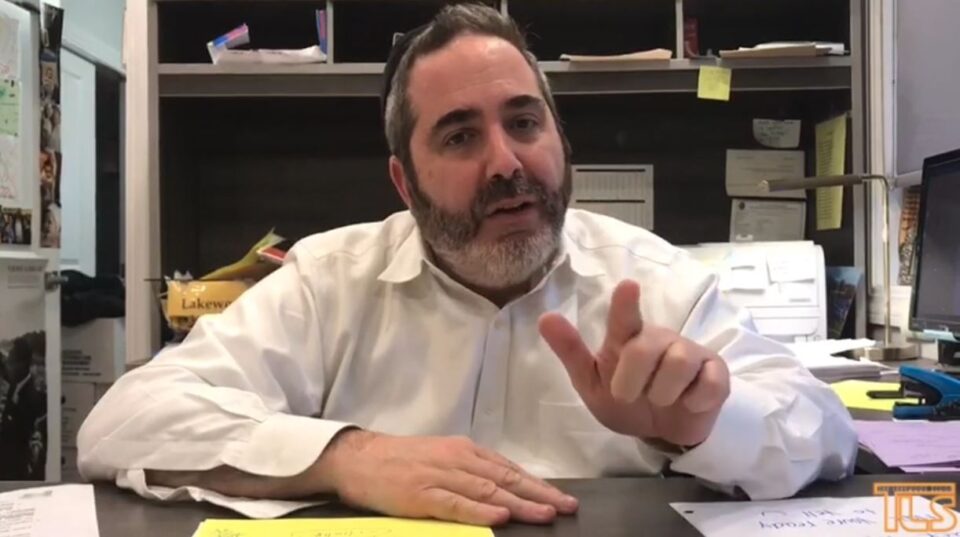Blacks, Latinos, and Jews Support N.Y.’s Common Core-based Annual Assessments; Suburban and Upstate Whites Don’t
April 27, 2015QOD: Derrell Bradford on Freddie Gray and the Urgency of School Choice
April 28, 2015U.S. DOE Rejects Colorado’s Request for Waiver for High Opt-Out Rates on Standardized Tests
Whither goes Colorado, so goes New Jersey?
Chalkbeat reports that Colorado applied for a waiver from the U.S. Department of Education so that districts wouldn’t be held accountable for high opt-out rates from annual standardized testing. But the DOE just denied that request.
Assistant Secretary of Education Deborah Delisle wrote that the federal Elementary and Secondary Education Act does not permit certain students or percentages of students to be excluded from testing and does not permit state education agencies to exempt certain districts from accountability requirements.
“High-quality, annual, statewide assessments provide information on all students so that educators can improve educational outcomes, close achievement gaps between subgroups of historically underserved students and their more advantaged peers, increase equity, and improve instruction,” Delisle wrote.
In Boulder, Chalkbeat says, “district officials estimate that 47 percent of high schoolers, 14 percent of middle schoolers, 9 percent of students in K-8 schools, and 6 percent of elementary schoolers did not participate in the first round of spring tests.” That’s comparable to opt-out rates in some of N.J.’s suburban districts. In January the Colorado State Board of Education voted to grant all districts a waiver from the required 95% participation rate but, of course, that Board has no authority over federal sanctions.
Back here in New Jersey, Save Our Schools just announced that N.J. Senator Nia Gill, who represents high opt-out Montclair, would introduce a bill barring the state from withholding state funds from districts with PARCC participation below 95%. Last week N.J. Education Commissioner David Hespe warned that districts with very high opt-out rates could lose state funding.




